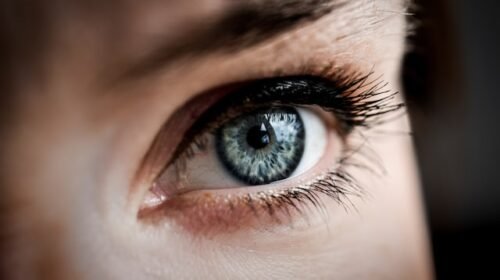
They say that the eyes are the windows to the human soul. However, what few realize is that they can provide us a glimpse into our health too. Any changes in these globular organs can potentially indicate various problems, ranging from vision loss, retinal detachment, stress, and even chronic diseases like diabetes. Some studies have also found that the eyes can detect mental health-related conditions. In other words, your eyes can reveal many things about your health that you otherwise would have missed, allowing you to address any existing problems before they become worse.
You could have glaucoma
If you find yourself having a low, blurred, or narrow vision and seeing rainbow-colored halos on lights, you could potentially have glaucoma. This eye disease usually causes blindness or vision loss by damaging your optic nerves. If left unchecked, there’s a possibility that it could lead to permanent blindness. So if you ever experience these symptoms, visit an eye doctor and take a dilated eye test to find out whether you have the disease and what the best course of action to take is, be it eye drops, surgery, or glaucoma laser treatment.
You’re stressed out
Stress is an unavoidable reality of life—there are no two ways around it. However, this doesn’t mean that you should take feelings of emotional pressure and mental strain for granted. After all, too much stress can lead to various health-related problems, ranging from higher blood pressure and obesity to diabetes and heart disease. One way to know if you’re stressed out is through eye twitches. While it isn’t so concerning as it is annoying, it’s a good sign that you should probably adopt stress management practices and get more rest.
You may have diabetes
Blurry vision generally means that you’ll need to start wearing glasses, but it’s a good idea to get yourself checked regardless. When you get down to it, it could be a symptom of a medical issue with your eyes, like macular degeneration or cataracts. It could also potentially indicate more serious conditions like diabetes. For example, some studies have shown that many diabetic patients reported having blurred vision. So even if you don’t have any problems seeing, an ophthalmologist could detect diabetes by performing eye exams that are based on the irregularities with your retina.
You should get some sleep
Red and puffy eyes don’t necessarily mean an infection. In fact, more often than not, it isn’t the case. Most of the time, it usually means you need to get a little more sleep. Apart from twitching, lacking sleep can cause red and irritated eyes, so be sure you get adequate rest.
Conclusion
When all’s said and done, our eyes can tell us more about our physical health than many realize. For this reason, you mustn’t ignore how your eyes look and feel because they can help you find out if you have any conditions or illnesses and allow you to address them immediately.



